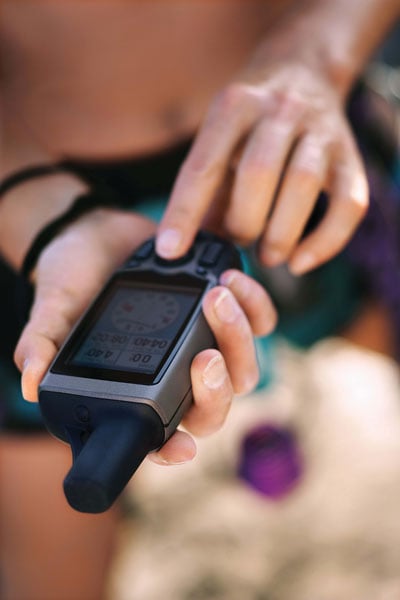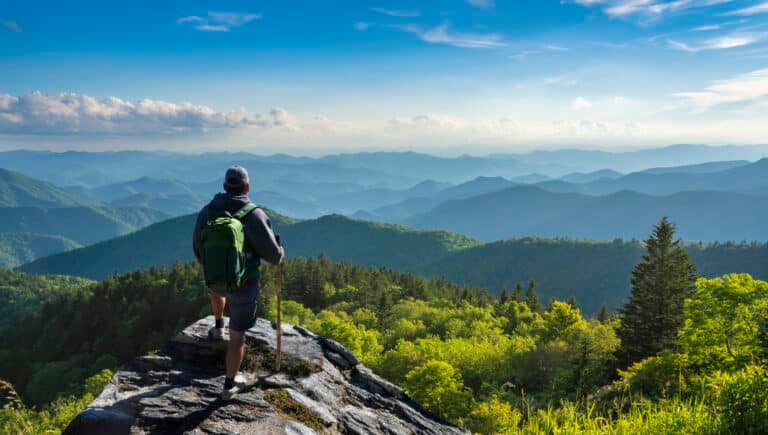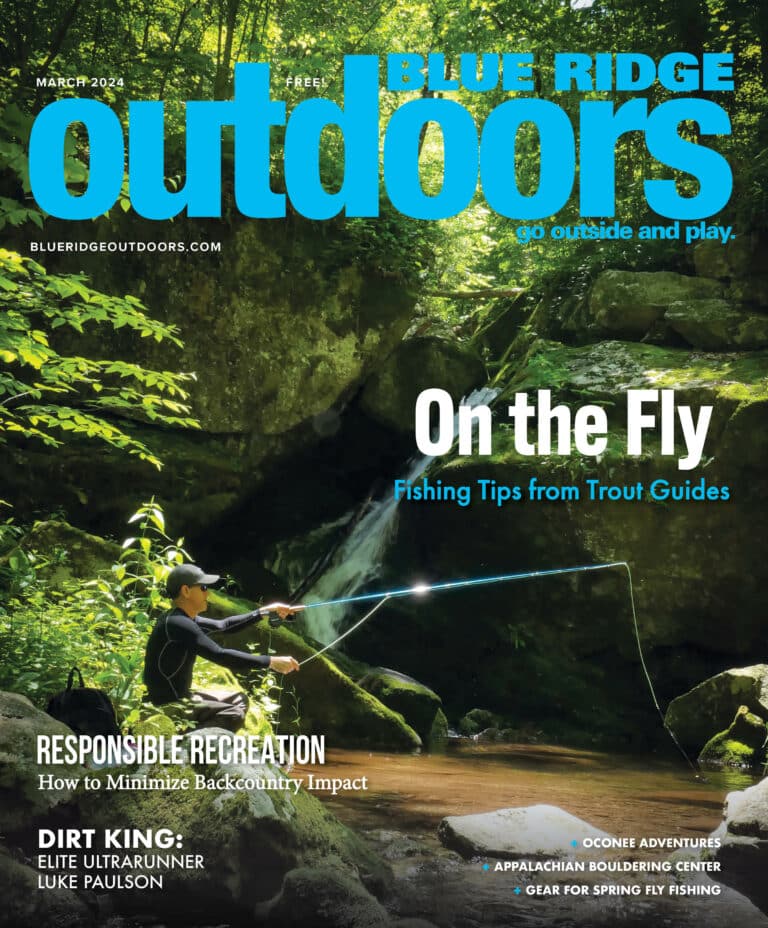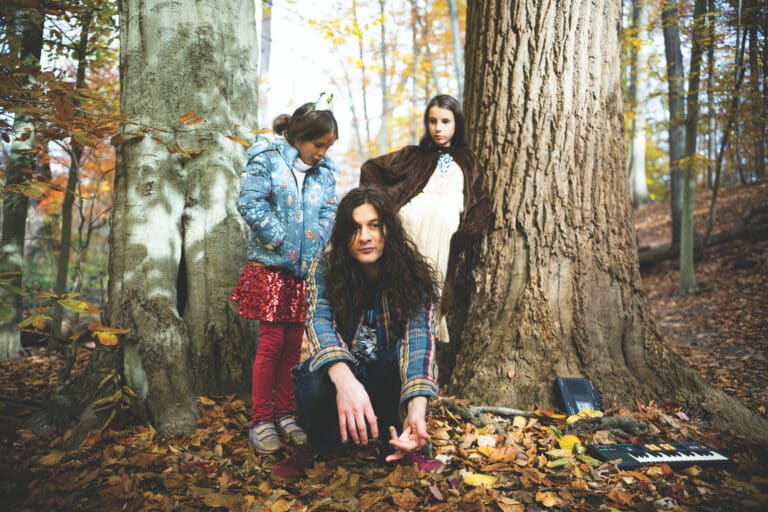I had finished off my water and eaten the last of my honey and Oreos. My campsite was at least five miles away, and my guess is I had already wandered at least three miles in the wrong direction.
I was lost.
I had mistakenly kept running down the trail instead of turning right somewhere. So I tried to stay optimistic and concentrate on retracing my steps. After an hour of following trails until they fizzled out, I finally found the turn I missed. I resumed my loop wearily and warily, whimpering up the climbs and stumbling down the descents, thirsty and tired, until at last I collapsed beside my tent.
It took a few weeks for the what-if feelings to subside, but ultimately I came to view the experience as a boon. I’ve gone back and run the loop a few more times, and I know the whole area by heart now. It’s weird how that happens—how sometimes you can’t understand a place until it swallows you whole, then spits you back out later, more grateful and aware.
I’ve read the stories about people who got lost and never made it home. They’re terrifying. I carry a map and pay attention to landmarks and direction, but I’ve also gotten lost a fair bit in my time—and, thankfully, lived to tell each tale. When I say getting lost might be underappreciated, I’m not saying it should be underestimated.
The reality is we have never had more tools to prevent us from getting lost. GPS tracking, top-notch maps and apps, and guidebooks upon guidebooks show us the way and keep us there.
But I’d argue those tools rob us of more adventure than they enable. Recently, a new guidebook highlighted backcountry skiing in the mountains and woods near my house. I used to go weeks without seeing anyone. Now each vehicle at the trailhead had the new guidebook on its dashboard.
Wouldn’t those folks have had a richer experience if they’d taken out a map at home, studied the area to see where there might be good skiing within striking distance of a trailhead, then gone out to find that area on their own?
Yes, they might have gotten turned around in the process, or plain old lost their way. Chances are, they would have figured it out. And in doing so, I’m sure they would have come to know that area with a greater appreciation than they did by following a stranger’s directions.
Getting lost is good like that. You find a new backyard. You learn to stay calm, to trust yourself, to persevere.
[divider]more from blueridgeoutdoors.com[/divider]








